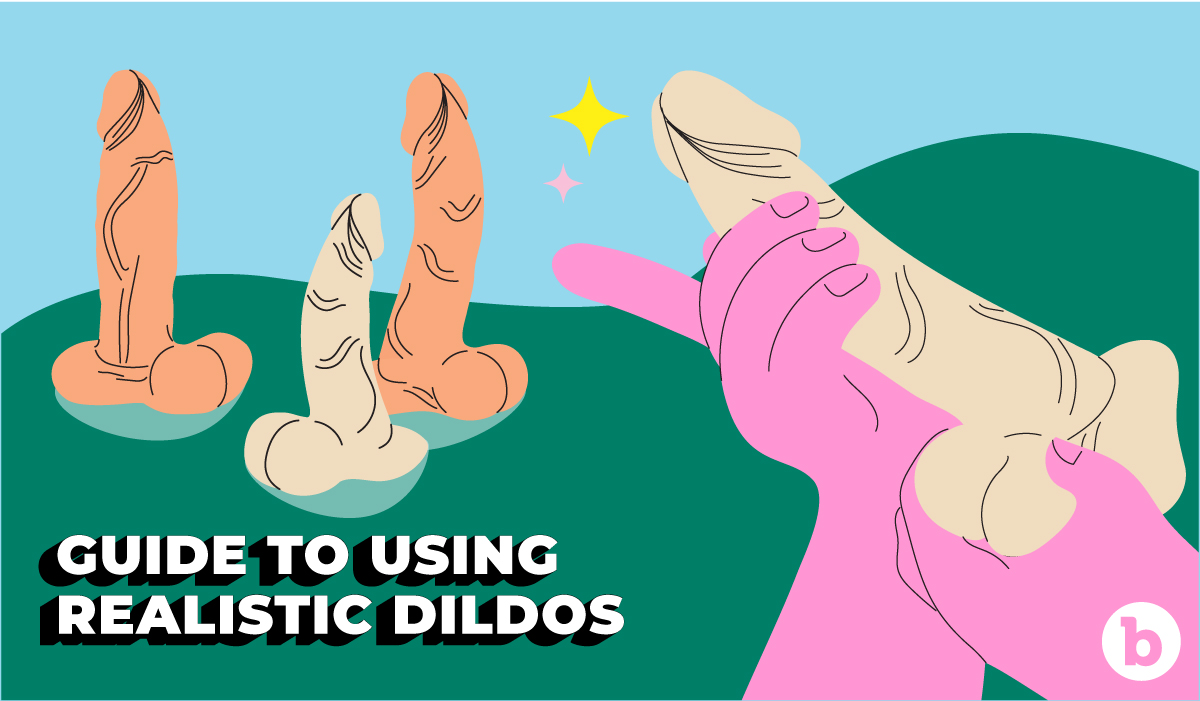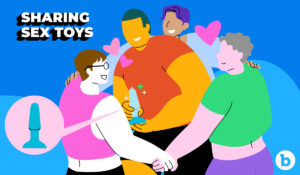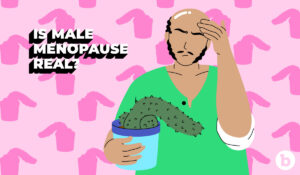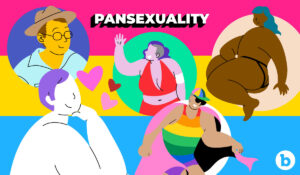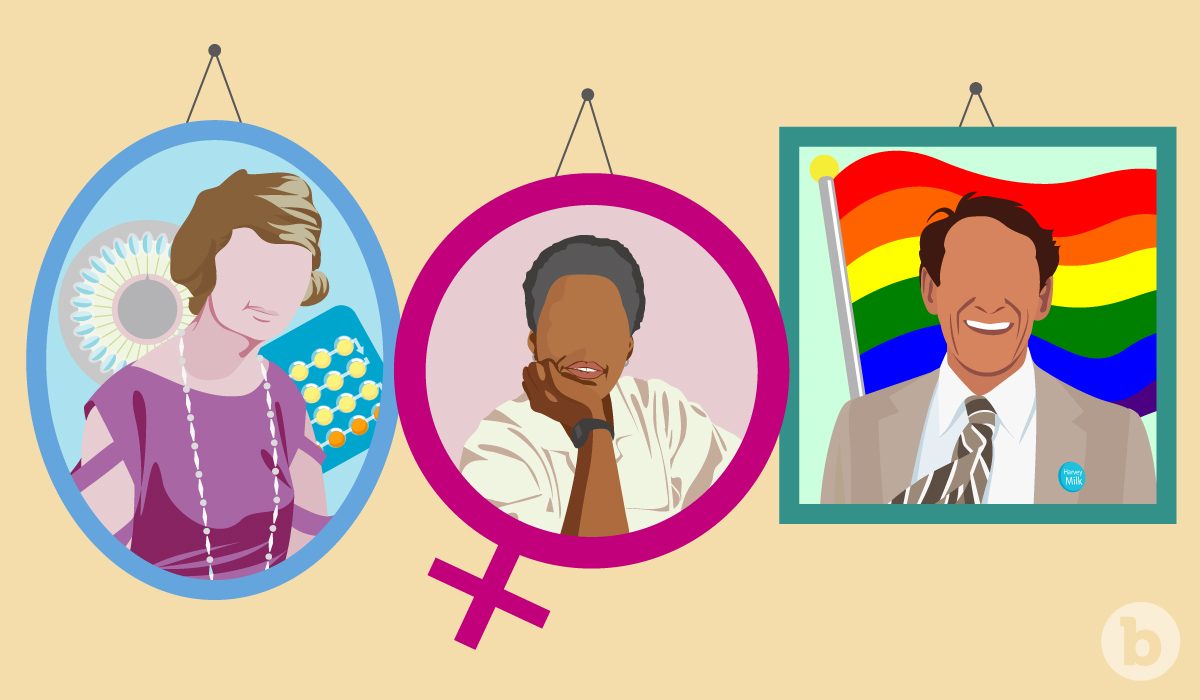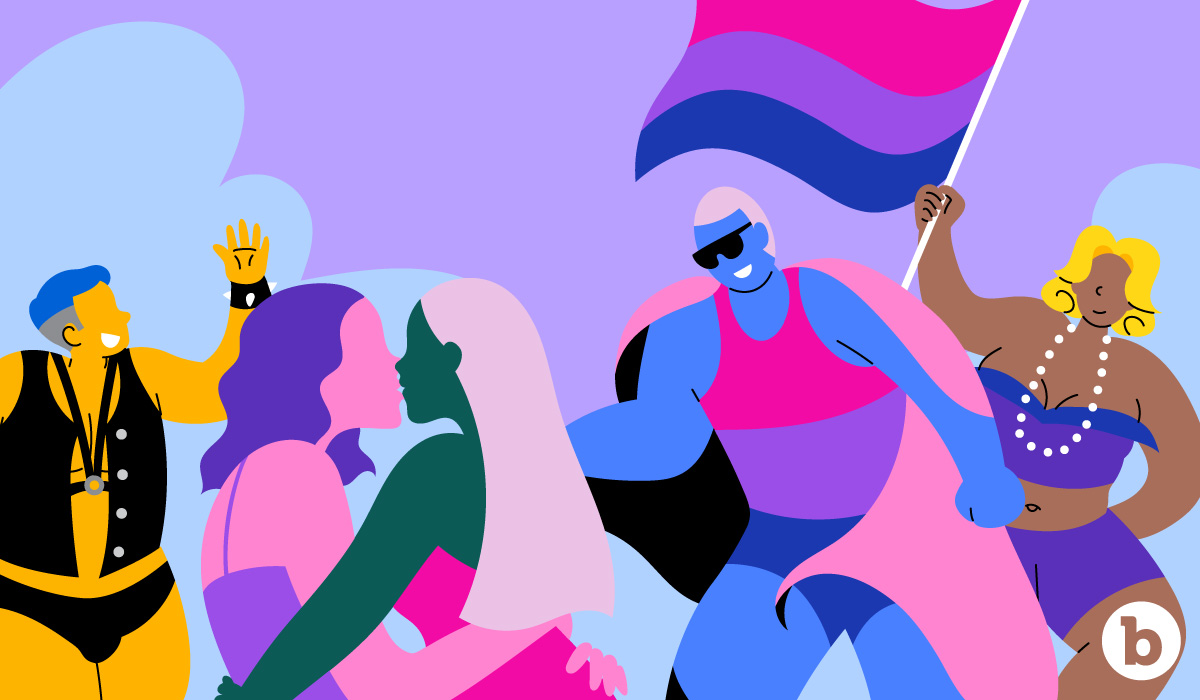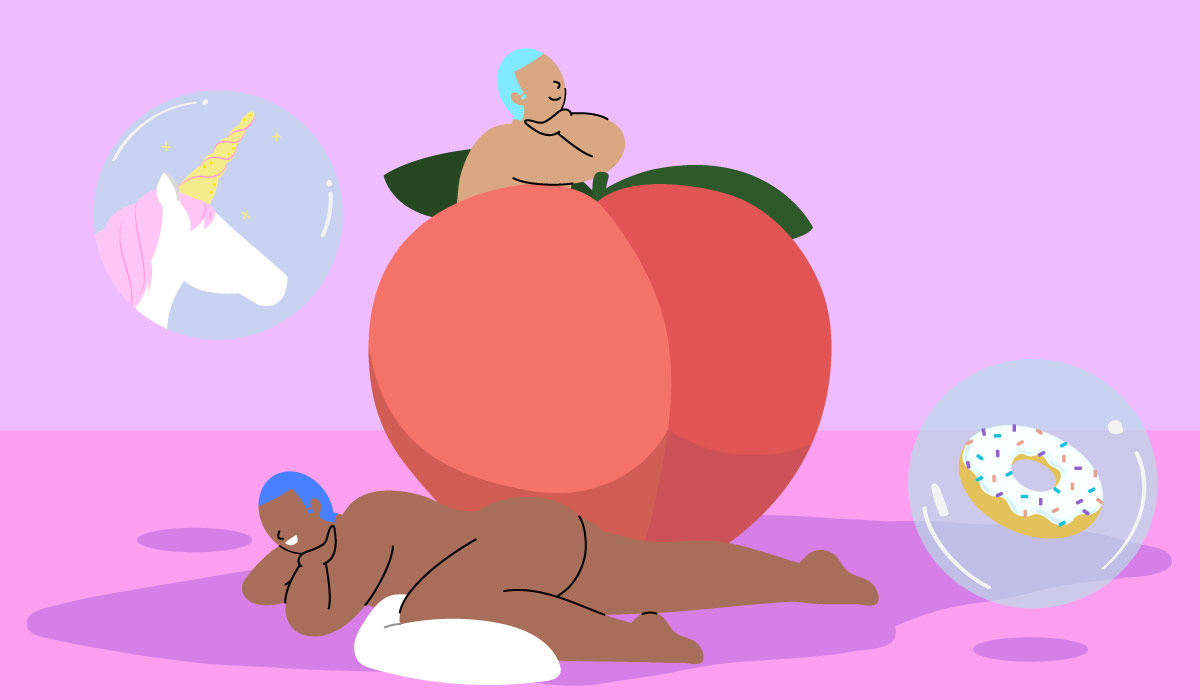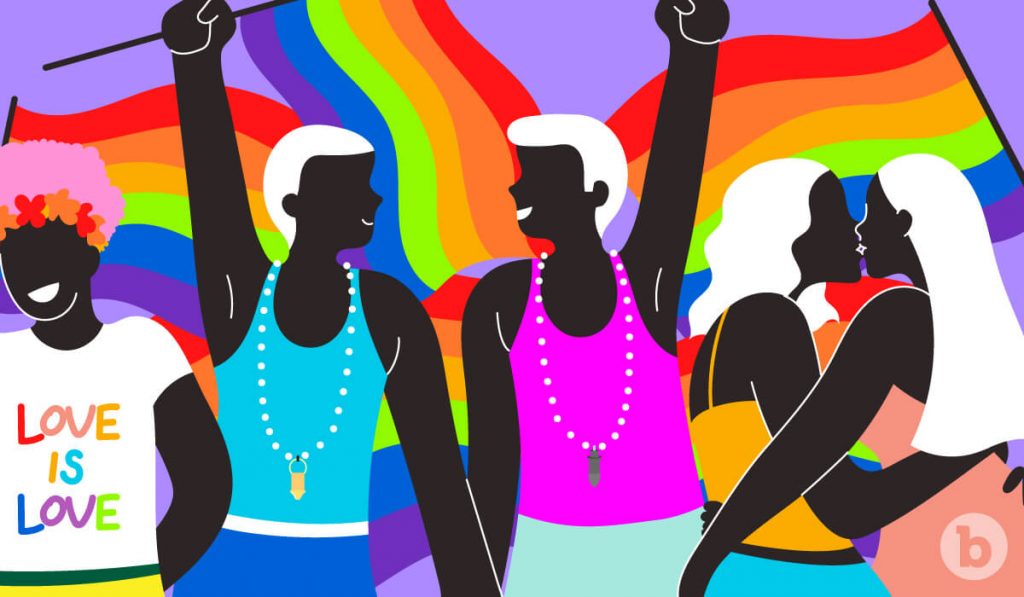
Why Pride Month Still Matters
Every June, the queer community and its allies gear up to celebrate National Pride Month and all that it represents.
Since this year is the 50th anniversary of the Stonewall Riots, the occasion holds a particular gravitas.
While Pride Month was initially established to commemorate the violent police raids and subsequent uprising at the Stonewall Inn in 1969, "Pride" as a concept has evolved into a global phenomenon.
What is Pride Month?
Pride Month is synonymous with fearless self-acceptance, sexual diversity, and social equality.
But perhaps more valuable is the positive side effect of holding Pride Month festivities: uplifting the marginalized and the oppressed to be proud of who they are.
Why Does Pride Month Matter?
Here are four reasons why Pride Month still matters.
1. Encouraging self-acceptance and belonging to a community.
There is always strength in numbers when fighting for a cause—even better if you're celebrating the achievement of one.
That's why most Pride Month celebrations culminate in a colorful parade down our city streets. But Pride Month marches are more than a rainbow-armored declaration of radical acceptance. It's about opening one's arms to those who need a hug, saying "we still love you" to those who've hurt us and sharing our vision of a utopia: a place where everyone wants to have fun and get along.
We march just as much for ourselves as for those who don't feel comfortable in their own skin. With 4 in 10 LGBTQ+ youth not feeling accepted in their own communities, their best bet is to choose a new one, and Pride Month makes it easier to find.
Gay communities around the world have had members who fought or even died for the chance to live an honest and open life. Pride Month commemorates those revolutionaries while embracing new members into the queer family.
2. Celebrating progress while acknowledging barriers.
Pride Month originated as a reaction to oppression, persecution, and social interference in the lives of LGBTQ+ communities. In New York City, that event was the police raids at the Stonewall Inn in 1969. The year after, New York Pride Month was established.
Toronto's Pride Month began similarly after several bathhouses were raided by the police, who then arrested hundreds of gay men.
Pride Month is a spawn of unsavory politics, and it will always be a political force. Before the federal legalization of same-sex marriage, Pride Month was the annual opportunity to knock on our government's doors until they fell right down. After the landmark ruling became law in 2015, Pride became the ultimate celebration. Despite this and other achievements in equality, we're not without setbacks.
This year's unnecessary transgender military ban targets nearly 15,000 troops who identify as transgender, under the guise of relieving the burden of "tremendous medical costs"—according to President Donald Trump's tweets.
Plus, in some states, it's still entirely legal to fire people on the basis of their gender identity or sexual orientation. Just 22 states in the United States prohibit employment discrimination on the basis of sexual orientation or gender identity. Pride Months helps keep these issues top of mind.
3. Uniting LGBTQ+ communities at home and abroad.
Each year the Pride Month torch gets passed around from the world's greatest cities to small towns in a circuit of celebration.
From Sydney in March to Montenegro in September, recognition and support of LGBTQ+ communities transcends borders. With the global presence of Pride Month festivities comes a formidable influence in encouraging both macro and micro policy change, and a culture progressing toward acceptance.
There's the slowing-moving success story of Lebanon's Helem organization, who over the past two years have tried to establish Beirut Pride Month in a country that denounces homosexuals. Despite its efforts thwarted by threats of violence and arrest from religious parties, Helem is determined to host the first ever Pride Month in the Arab world.
And recent international outrage over Brunei's new anti-gay laws, which include the death penalty, led to their government backing down on those changes within weeks. It shows that our voices matter and make an impact.
Countries like Russia, India, or Uganda have also been known to not only suppress but actively incarcerate their gay communities. In Saudi Arabia and Iran, homosexuality is punishable by death.
With Pride Month, we can shine the spotlight on queer populations that lack the freedom to live a safe and honest life. The more people become aware of the struggles, the more pressure can be placed on international governments to ease their draconian laws. Pride Month is a platform to do just that while giving hope that things do get better.
4. Keeping the tradition alive because we need to.
We've certainly come a long way in the 50 years since Stonewall, but the road to reach full equality is a long one, with many twists, turns, and roundabouts.
Murmurs of objection about the need for Pride Month arise often, such as "you got same-sex marriage, why do you still need Pride?" or "well, then why isn't there a Straight Pride?" One can suspect that at the very root of these statements is a lack of compassion for a community that continues to fight an uphill battle in a straight-privileged world. And it's our job to educate the other side.
Sexual diversity and individuality should absolutely be celebrated every day of the year, but still, Pride Month can't go away. It's a commemoration and a celebration, a tribal ritual, a family reunion, and a political powerhouse.
Pride Month allows us to acknowledge our differences and our similarities in body, mind, and soul. Because realistically, at the end of the day, Every Body Has A Butt. It's really that simple.

